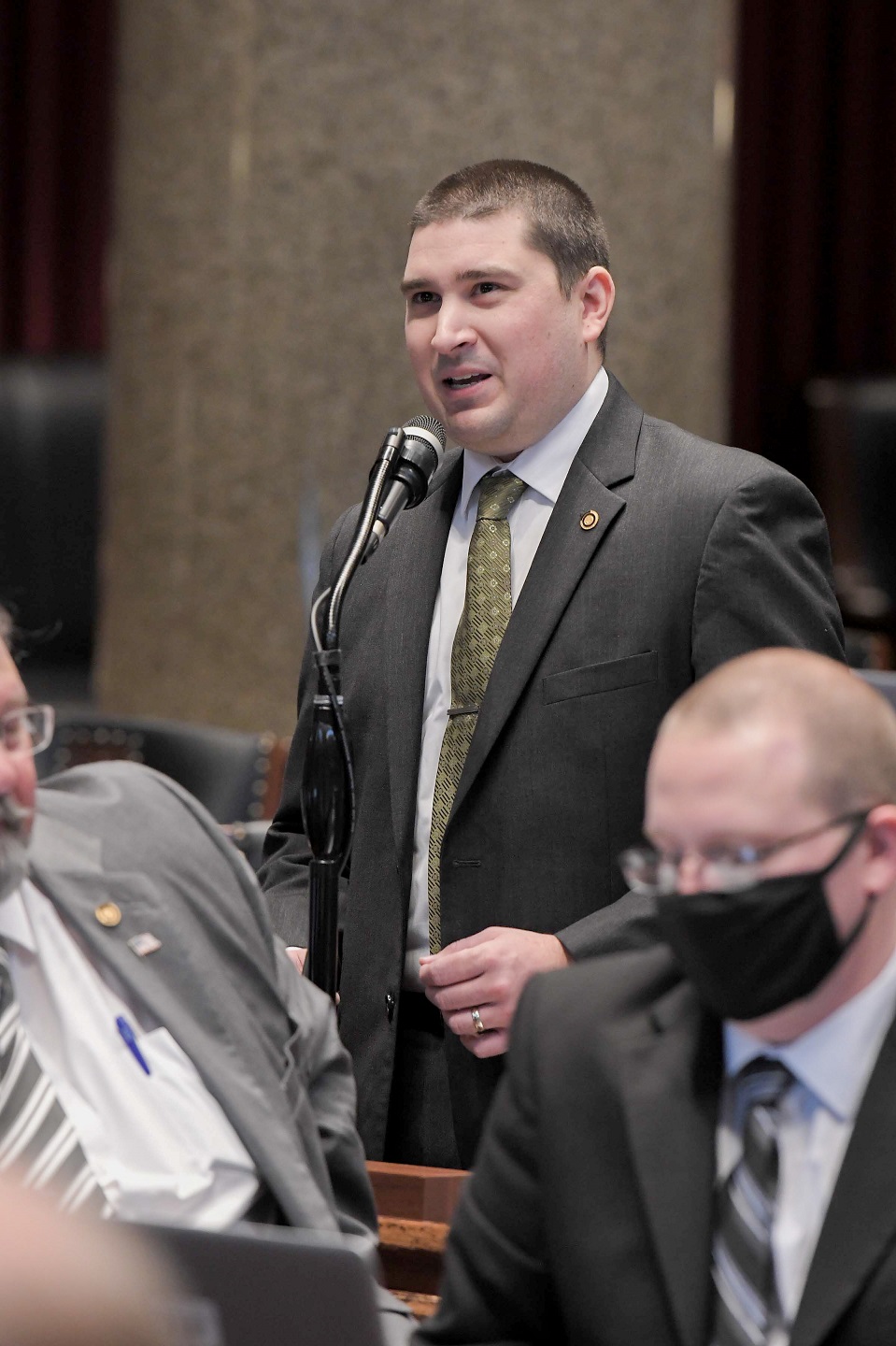In the House, proposals that would help Missourians with disabilities, those with low incomes, and new mothers on state assistance, are being given every chance to become law before the end of the session next week. The chamber has voted to add those pieces of legislation to several bills that are still in play in these final days.
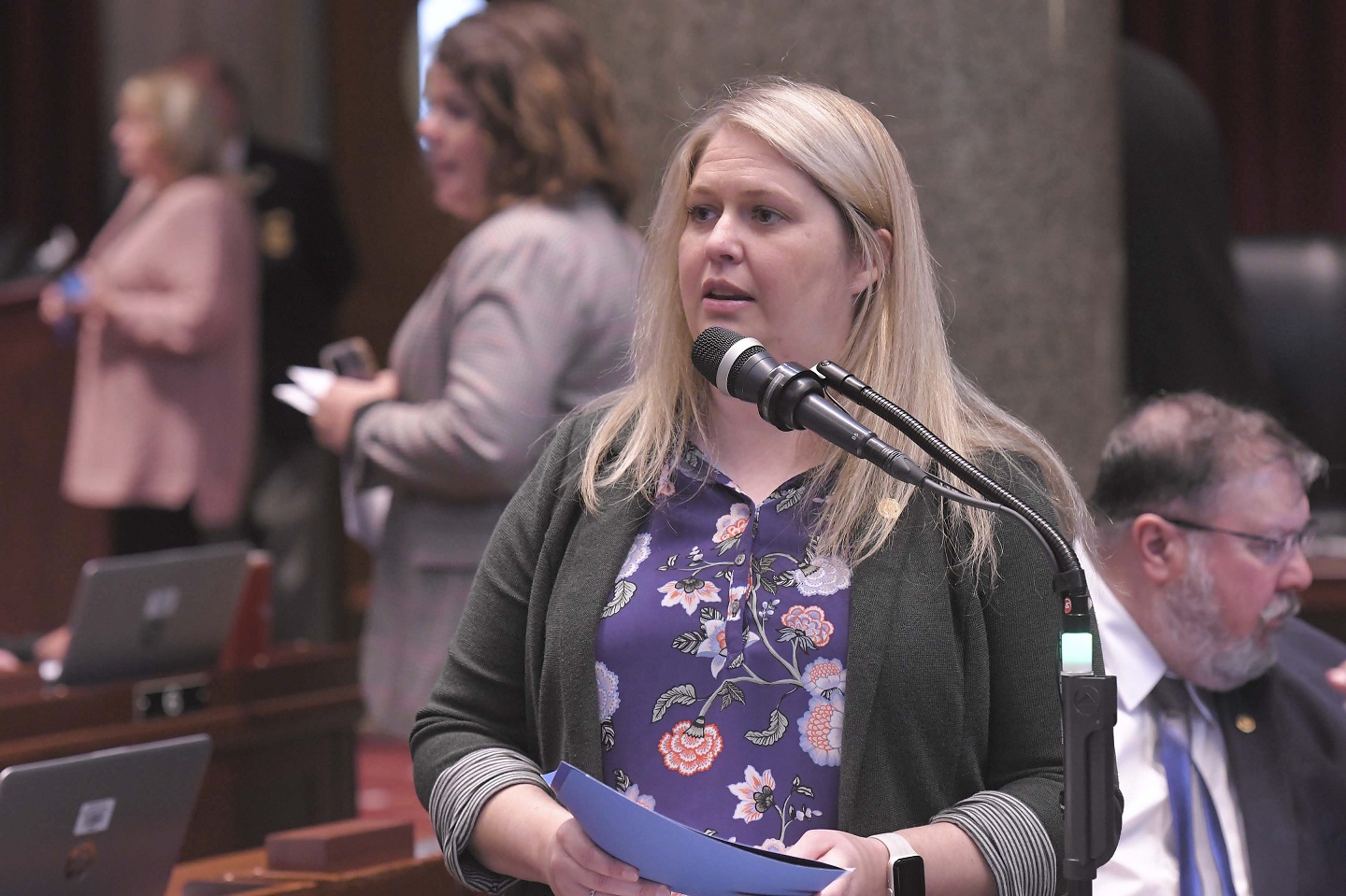
Among those is a transitional program meant to help people get off of state assistance gradually as their income increases. House members say the state’s assistance programs for low-income Missourians trap people in poverty because if they accept a raise that puts them above a program’s limits, they could lose more in state benefits than they gain from a raise.
The measure, sponsored by Representative Alex Riley (R-Springfield), would let people incrementally transition off of state assistance, “Trying to create this transitional system that encouraged people to work, that encouraged people to take those raises and to start to work their way up the income ladder and to hopefully, once this goes into effect, actually reduce the number of people receiving benefits in the state.”
That provision is the product of years of work by members of both parties. Lee’s Summit Democrat Keri Ingle called it a, “great bill … it’s been a bipartisan effort to essentially wean folks off of assistance, whether it’s TANF or SNAP, and make it easier for Missourians to get what they need to be successful working citizens while at the same time making sure that all of their needs are being met.”
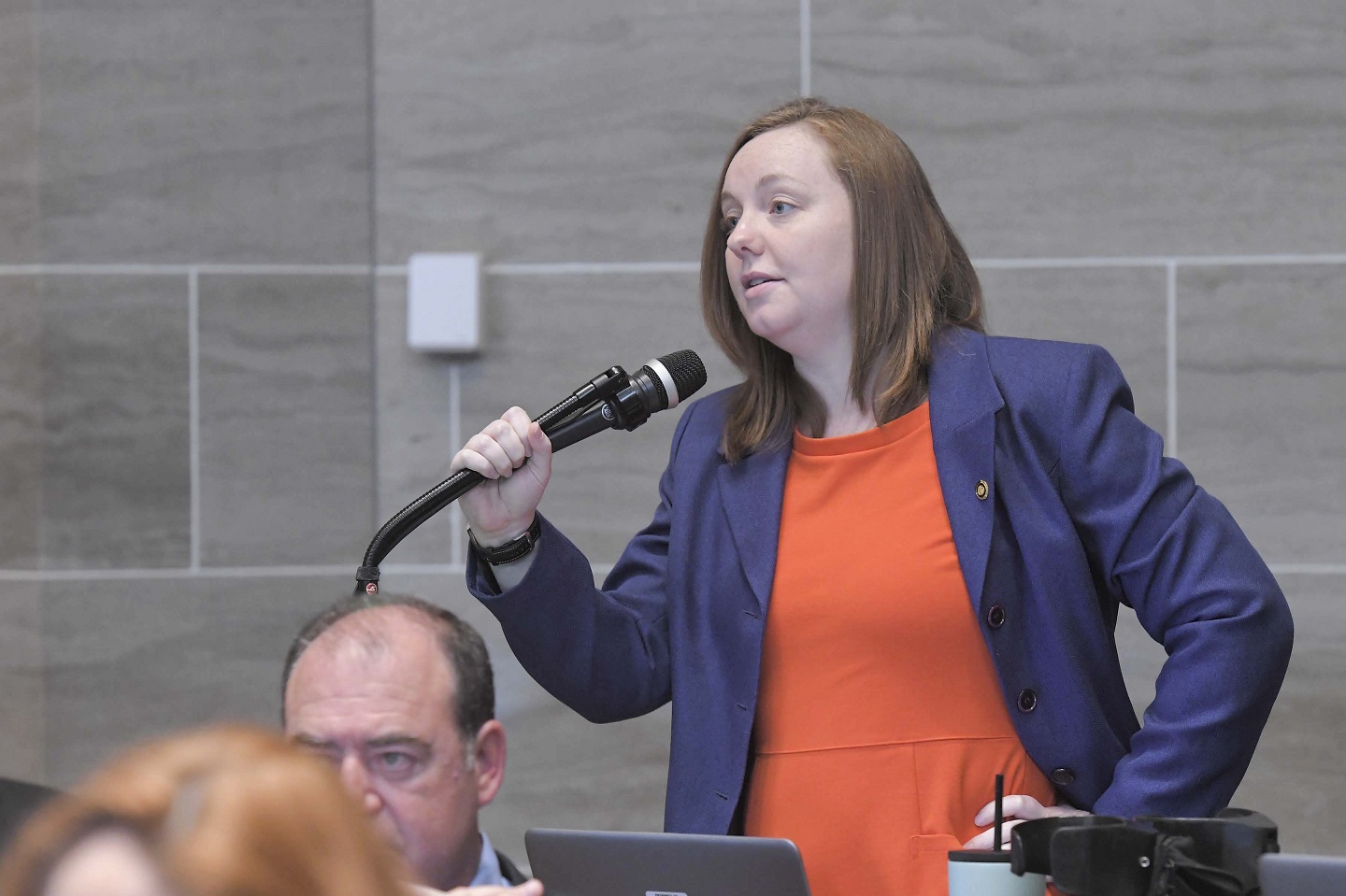
The House has voted this week to add that language to two bills. It did the same for language sponsored by Representative Melanie Stinnett (R-Springfield) that could allow individuals with disabilities to finally be able to advance in their careers without worry of losing state assistance.
The changes to the state’s Ticket to Work health insurance program within MO HealthNet would increase the limit to how much a person can earn before they lose benefits, and would not count up to $50,000 of a spouse’s income toward that limit. It would also direct state agencies to have policies to recruit and keep employees with disabilities and create competitive ways to integrate them into workforces.
“These are people who are actually begging us to work, who want to work, who want to get promotions, who want to seek new jobs. What [this] bill does is address the fiscal cliff, making sure that you don’t have to do quite as much of a tap dance that too many people in our state are doing, where you’re allowed to make so much money but only to a certain point,” said St. Louis Democrat Bridget Walsh Moore.
Walsh Moore, who lives and works with a disability, said the benefits that individuals stand to lose often enable them to have a job in the first place. Things like, “a personal care attendant, your health insurance your additional services and equipment that you receive through the state that allow you to work. This would address and allow you to make more money, put that money back into the economy because if you make more money you’re going to spend more money.”
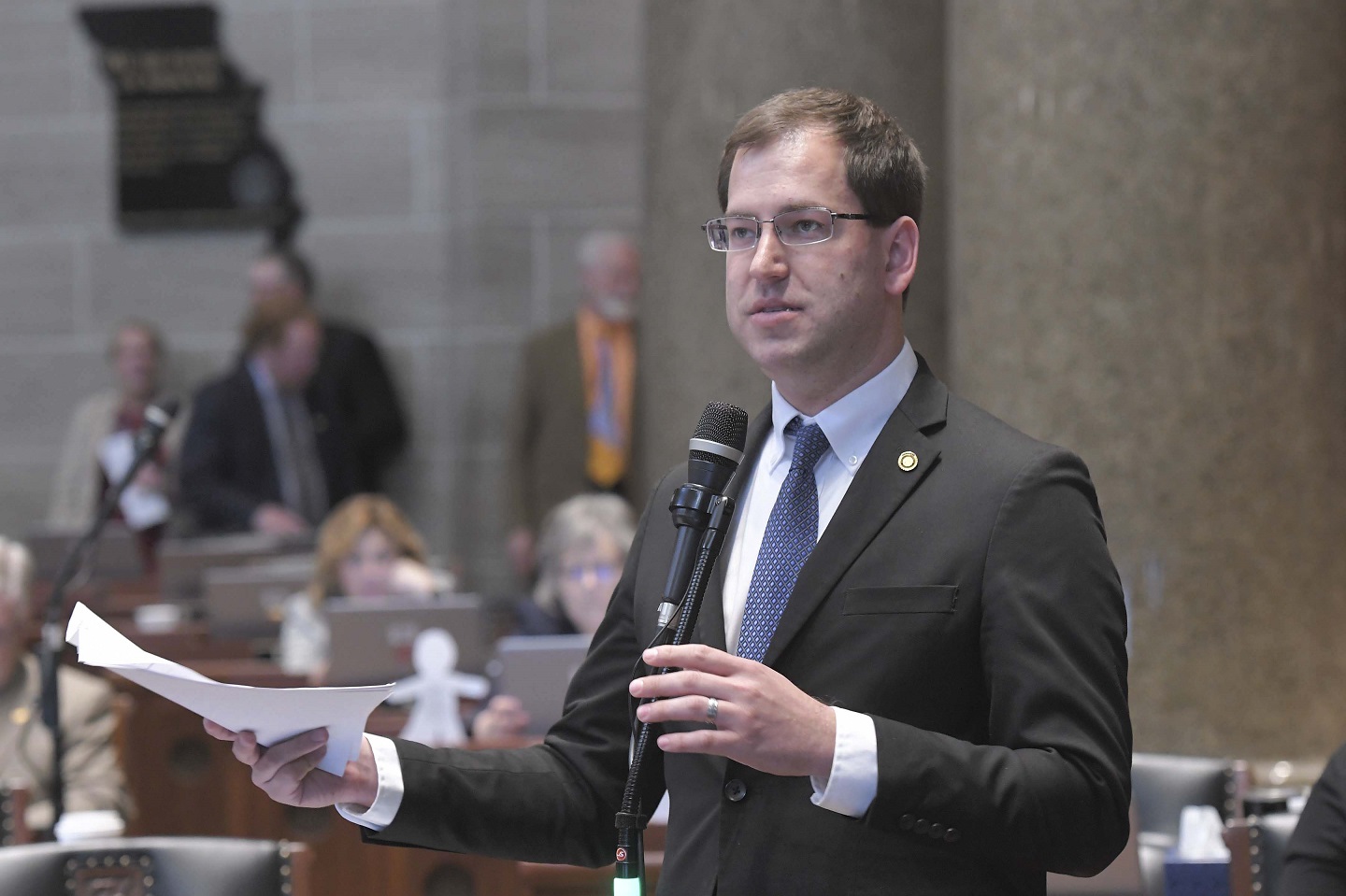
Also supported in the House this week has been a bipartisan plan to extend post-partum coverage under MO HealthNet or Show-Me Healthy Babies from 60 days to a year.
Stinnett, one of several sponsors of this proposal, said, “In 2019, 75-percent of pregnancy-related deaths in Missouri were determined to be preventable; those deaths that were attributed to things like embolism, hemorrhage, infections, concerns with cardiovascular health, chronic health conditions, and there’s one common denominator that can save these women’s lives, and that’s healthcare access.”
Several Republicans have cited this as an important pro-life provision. Representative Darin Chappell (R-Rogersville) said, “We who talk about being pro-life, I don’t know how we do that and then cut off the most vulnerable of our society after 60 days … I believe if we’re ever going to spend money [on benefits programs] it ought to be for those most vulnerable among us. Those very ones that we fought for them to be able to be born. We have to take care of them.”
Representative Tony Lovasco (R-O’Fallon) said even very conservative Republicans like himself could get behind all of these proposals, which don’t expand the state’s assistance programs.
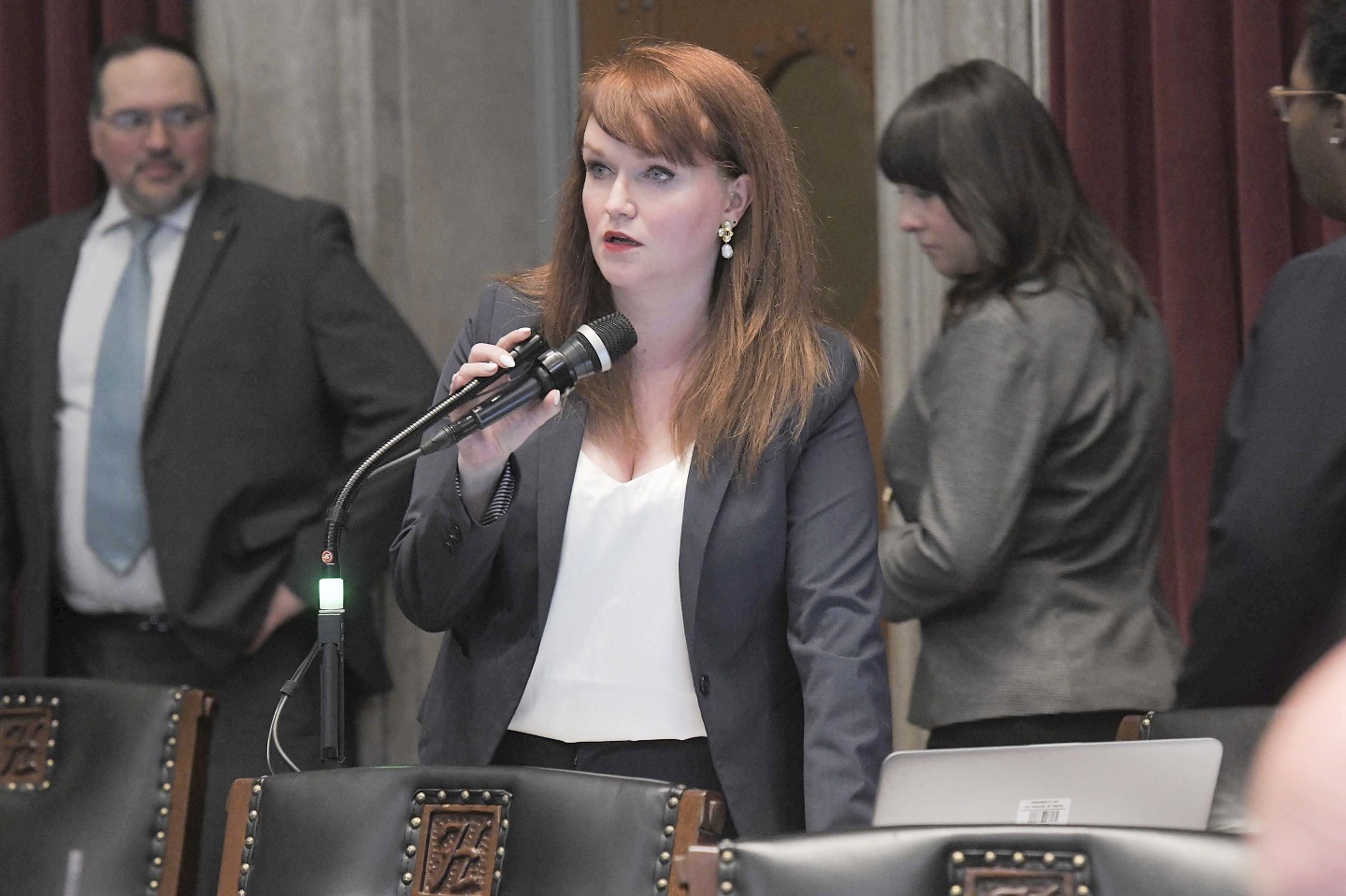
Sponsors are hopeful at least one of the bills containing these provisions will reach the governor’s desk before the session closes at 6pm on May 12.

